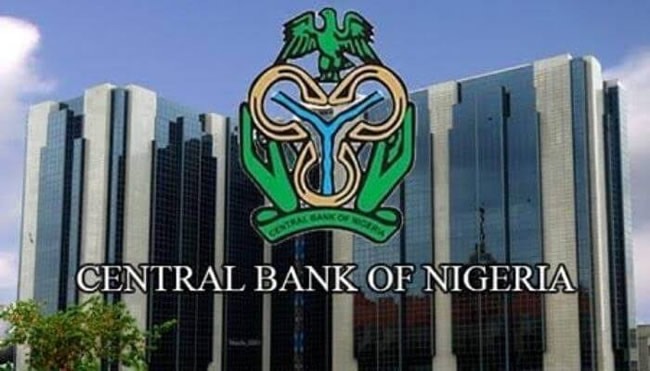Inflation: Households Express Pessimism, Expect Further Rise In Cost Of Living-CBN
 According to the newly released ‘Households Expectation Survey’ by the Central Bank of Nigeria, consumers said they will spend their incomes only on basic items such as food and other household items, education, transportation, electricity and medical expenses.
According to the newly released ‘Households Expectation Survey’ by the Central Bank of Nigeria, consumers said they will spend their incomes only on basic items such as food and other household items, education, transportation, electricity and medical expenses.
The CBN’s overall Consumer Confidence Index and outlook is attributed to the outlook of consumers on three key dimensions: Economic Conditions, Family Financial Situation, and Family Income.
CBN said, “More consumers believe that the cost of transportation, house purchase, purchase of car/vehicle, rents and medical expenses will experience increase over the next six months in the following order.
Nigeria, shares 1,600 km of border with its neighbor, was until now one of Niger’s main trading partners with $193 million in exports in 2022 according to the United Nations (electricity, tobacco, cement, etc). Since the border closure, it has even been a double whammy for the local population, who have seen food prices explode under the combined effect of new movement restrictions and galloping inflation after the Nigerian president , Bola Ahmed Tinubu, in office since May, implemented economic reforms which plunged the country into crisis.
“Households anticipate spending their income on basic expenditure items like Food & Other household items, Education, Transportation, Electricity and Medical Expenses across all time periods reviewed.
“However, they do not intend to spend a substantial portion of their income on items like purchase of House, Car/vehicle for the period under review.”
The survey also indicated that households do not intend to spend their earnings on the purchase of motor vehicles and buildings & landed properties within the months under review.
“The Buying Condition Index1 for big-ticket items like Consumer Durables, Motor Vehicles and Buildings & Landed Properties, indicated that most respondents consider the current month unfavourable for purchasing these items. Consumers also do not think that the next three and six months are ideal periods to buy these items.”
The CBN’s survey rides on the back of a similar report by AFP, that the country’s economic crisis and soaring petrol prices have forced many Nigerians to public transportation over the use of their cars.
A case study was made of Bolaji Emmanuel who gave up his driver and his Honda Pilot utility vehicle due to spiking living costs.
The price of petrol has risen more than fivefold since President Bola Tinubu took office in May 2023.
Since coming to power, Tinubu has ended a costly fuel subsidy and freed up the naira currency, in reforms that government officials and analysts say will revive the economy and attract investors.
But in the short term, Nigeria has seen one of its worst crises in decades with inflation at a three-decade high.
A litre of petrol sold for around 195 naira just before Tinubu took office. The price rose to at least 998 naira ($0.61) per litre in Lagos and 1,030 naira in the capital, Abuja, at the beginning of October. It can go for as much as 1,300 naira elsewhere.
Inflation reached an almost three-decade high of 34.19 per cent in June. It has since slowed to 32.7 per cent in September and October.
The slump in purchasing power is piling more hardship on locals, with more than 40 per cent of the population living in poverty, according to the World Bank. That figure is expected to rise in 2024 and 2025, before it stabilises in 2026.
Car dealers in Lagos and Abuja told AFP that they had seen more and more people trading their fuel-guzzling cars and sports utility vehicles (SUVs) for more efficient vehicles to cut costs.
“People are actually selling their big cars these days,” Maji Abubakar, a car dealer in Abuja, told AFP. “The problem is that even if you put them on the market, there isn’t much demand for them.”
“It has been more than a year since I sold a car with an eight-cylinder engine, and the major reason is the price of petrol,” he added.
The market for new cars has dropped by 10 to 14 per cent in the last year, according Kunle Jaiyesinmi, deputy director at the Lagos-based CFAO Group, which specialises in automobile distribution.
“An SUV that sold for 40 to 45 million naira ($24,000 to $27,000) about two years ago, for now, if you want to negotiate the price, you see that it is within the range of 95 or 100 million ($57,000 to $60,000),” Jaiyesinmi told AFP.













